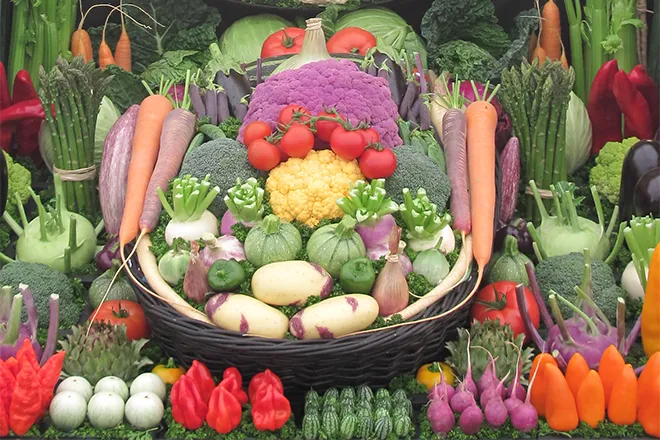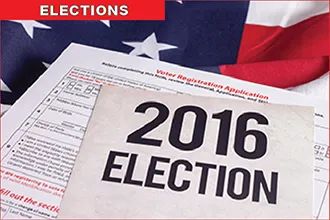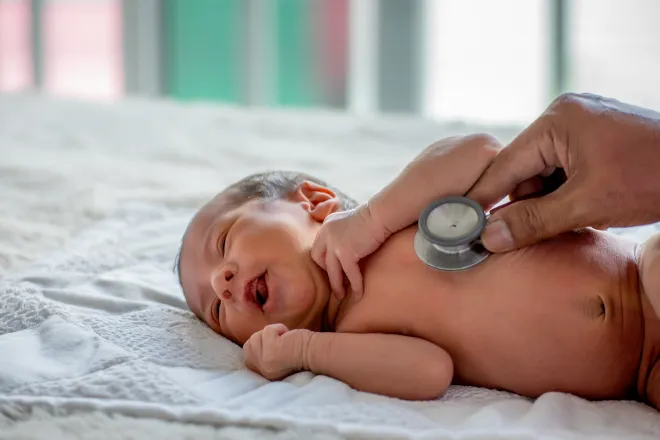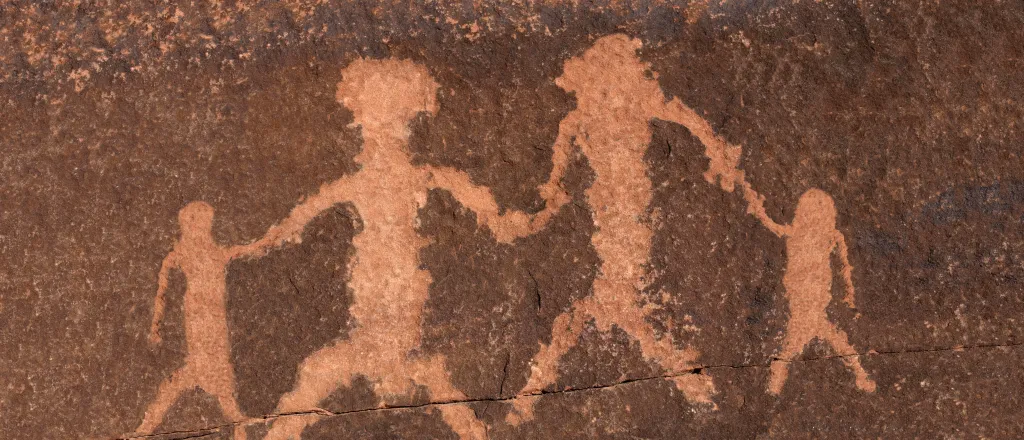
Majority of tribes say they’ll skip South Dakota governor’s public safety summit
(South Dakota Searchlight) Officials from five of South Dakota’s nine Native American tribes said they will not attend Governor Kristi Noem’s Tribal Public Safety Crisis Summit Monday in Pierre, but at least two tribes do plan to send representatives.
The rest of the guest list and agenda were unclear as of Friday afternoon.
The governor announced the summit amid a flurry of votes by South Dakota’s nine tribal nations to ban her from their lands. Those votes came in response to statements by Noem that Native American children lack hope and that their parents aren’t there to support them, as well as Noem’s allegation that tribal officials personally benefit from a drug cartel presence on reservations.
Noem invited tribal leaders and their respective law enforcement representatives to the summit.
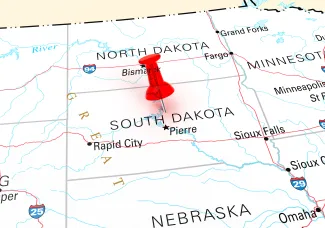
“We solve problems best when we work together and communicate – I hope that this summit will accomplish that,” Noem said in a press release announcing the event.
Also invited to the summit, among others, were Attorney General Marty Jackley, U.S. Attorney for the District of South Dakota Alison Ramsdell, Department of Public Safety Secretary Bob Perry, Tribal Relations Secretary Dave Flute and Noem’s Tribal Law Enforcement Liaison Algin Young, who was the Oglala Sioux Tribal police chief until his contract ran out this spring.
Jackley will attend, said spokesman Tony Mangan, as will representatives from the state Division of Criminal Investigation. The Bureau of Indian Affairs will have two representatives present, according to BIA spokesperson Robyn Broyles.
Tribal officials have been less eager to participate, for reasons tied to both Noem’s comments and their own scheduling conflicts.
Lower Brule Chairman Clyde Estes told South Dakota Searchlight that no one from his tribe will attend unless the governor issues an apology for her remarks. Crow Creek Tribal Chairman Peter Lengkeek had a similar response.
Cheyenne River Sioux Tribal Police Chief Charles Big Crow said his tribe will not send anyone to the summit. Sisseton-Wahpeton Sioux Tribal Police Chief Gary Gaikowski said his tribe will not be represented, in part because he’ll be involved in a federal trial.
Oglala Sioux Tribal President Frank Star Comes Out issued a statement in late May saying his tribe will not send representatives. Instead, he said, tribal leaders will attend an event marking Victory Day for the Oceti Sakowin in the 1876 Battle of Little Bighorn.
Yankton Sioux tribal leadership will focus on Victory Day, but YST Police Chief Edwin Young said he will attend Monday’s summit.
The Flandreau Santee Sioux Tribe told the Moody County Enterprise that its vice president and tribal police chief will attend, but said many other tribes have declined, or haven’t committed to attendance.
Messages and calls about possible attendance to leaders with the Standing Rock Sioux Tribe and Rosebud Sioux Tribe were not returned as of Friday afternoon.
It’s unclear what might happen at the summit. Noem spokesperson Ian Fury told South Dakota Searchlight that the summit will not be open to the media, but materials from the event will be provided afterward.
Noem has hammered on the message of public safety on the state’s reservations since Jan. 31, the day she gave a speechto a joint session of the South Dakota Legislature on security at the U.S.-Mexico border. In it, she said the Biden administration’s border policies are contributing to a drug trafficking crisis, and said drug cartels have a presence in tribal areas.
Nearly all the methamphetamine and fentanyl in the U.S. originate with drug cartels, according to the Drug Enforcement Administration. That agency’s 2024 threat assessment notes that cartels have a presence in all 50 states, though South Dakota is on the low end for cases with direct links to cartel members.
Most federal drug prosecutions involving large quantities of illegal narcotics in South Dakota are linked to larger cities, according to a recent South Dakota Searchlight investigation into the governor’s claims about cartels. The drugs tend to move out through the rest of the state from Sioux Falls, Rapid City, or from out-of-state locations like Denver.
Noem has said the summit will be an attempt to address crime, drug use and trafficking, human trafficking and violence on reservations. Despite the tension, Noem and tribal leaders have separately decried what they’ve described as inadequate federal support of law enforcement resources for tribes.
South Dakota Searchlight is part of States Newsroom, a nonprofit news network supported by grants and a coalition of donors as a 501c(3) public charity. South Dakota Searchlight maintains editorial independence. Contact Editor Seth Tupper for questions: info@southdakotasearchlight.com. Follow South Dakota Searchlight on Facebook and X.






